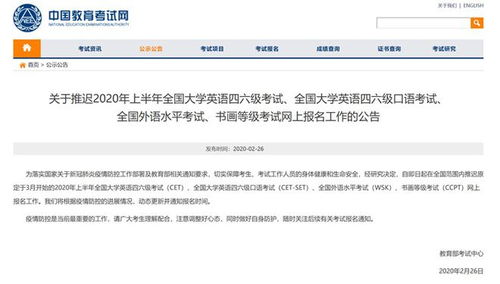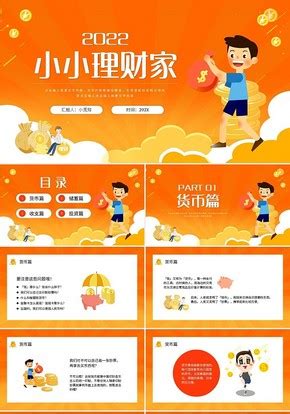
教育的本质英语原文
**Title: Unveiling the Essence of Education Through English**
Education, in its essence, is a multifaceted endeavor aimed at nurturing individuals intellectually, socially, and emotionally. When exploring this fundamental aspect through the lens of English language, one delves into not just the linguistic realm, but also the broader landscape of communication, critical thinking, and cultural understanding. This essay seeks to unravel the essence of education through English, elucidating its significance across various domains while offering guidance on leveraging its potential for holistic development.
**1. Communication as the Keystone:**
At its core, English serves as a global medium for communication, fostering connections among people from diverse backgrounds. Proficiency in English equips individuals with the ability to articulate thoughts effectively, facilitating comprehension and collaboration in academic, professional, and personal spheres. Through language acquisition, learners not only expand their vocabulary and grammatical proficiency but also cultivate skills in listening, speaking, reading, and writing, which are indispensable for effective communication in a globalized world.
**2. Gateway to Knowledge and Information:**
English stands as the lingua franca of the modern era, granting access to a vast repository of knowledge and information. In educational settings, it serves as the conduit through which learners engage with a myriad of disciplines, ranging from science and technology to literature and philosophy. By harnessing the resources available in English, educators can enrich their teaching methodologies, offering students diverse perspectives and opportunities for intellectual growth. Moreover, exposure to English-language literature and media nurtures creativity, critical thinking, and empathy, fostering a deeper understanding of the human experience.
**3. Cultivation of Critical Thinking Skills:**
Education through English fosters critical thinking skills essential for navigating the complexities of the contemporary world. Engaging with English texts, whether literary works, scientific articles, or historical documents, encourages learners to analyze, evaluate, and synthesize information, fostering intellectual autonomy and discernment. Through discussions, debates, and written assignments, students learn to formulate coherent arguments, challenge assumptions, and arrive at informed conclusions, thereby honing their capacity for reasoned inquiry and problem-solving.
**4. Cultural and Intercultural Competence:**
Beyond its utilitarian function, English serves as a conduit for cultural exchange and intercultural understanding. Exposure to English-language literature, films, and other cultural artifacts provides insights into diverse perspectives, values, and traditions, fostering empathy and appreciation for cultural diversity. By incorporating multicultural content into the curriculum, educators can cultivate students' intercultural competence, preparing them to navigate cross-cultural interactions with sensitivity and respect. Moreover, proficiency in English enables individuals to participate in international exchanges, collaborations, and initiatives, broadening their horizons and fostering a sense of global citizenship.
**5. Empowerment and Social Mobility:**
For many individuals, proficiency in English represents a pathway to empowerment and social mobility. In a globalized economy where English proficiency is often a prerequisite for academic and professional success, mastery of the language can open doors to opportunities for higher education, employment, and entrepreneurship. By investing in English language education, governments and educational institutions can empower marginalized communities, enabling them to participate more fully in social, economic, and political life.
**Guidance and Recommendations:**
1. **Integrated Language Learning:** Encourage a holistic approach to language learning that integrates communication skills with critical thinking, creativity, and cultural awareness. Incorporate diverse texts, multimedia resources, and interactive activities to engage learners and foster a deeper understanding of language and culture.
2. **Authentic Contexts:** Provide opportunities for authentic communication and cultural exchange through collaborations with English-speaking communities, virtual exchanges, and study abroad programs. By immersing learners in real-world contexts, educators can enhance language acquisition and intercultural competence.
3. **Multimodal Pedagogies:** Embrace multimodal pedagogies that leverage digital technologies and multimedia resources to cater to diverse learning styles and preferences. Utilize online platforms, interactive games, and multimedia presentations to make learning English engaging, interactive, and relevant to students' lives.
4. **Global Citizenship Education:** Integrate global citizenship education into the curriculum to foster students' awareness of global issues, interdependence, and cultural diversity. Encourage dialogue, empathy, and ethical engagement with complex social, environmental, and ethical challenges facing the world today.
In conclusion, education through English transcends linguistic proficiency to encompass communication, critical thinking, cultural understanding, and empowerment. By harnessing the potential of English language education, educators can cultivate individuals who are not only proficient in English but also equipped with the skills, knowledge, and dispositions needed to thrive in an interconnected world. As we navigate the complexities of the 21st century, let us embrace English as a catalyst for holistic education and global citizenship.

评论
◎欢迎参与讨论,请在这里发表您的看法、交流您的观点。




0 留言